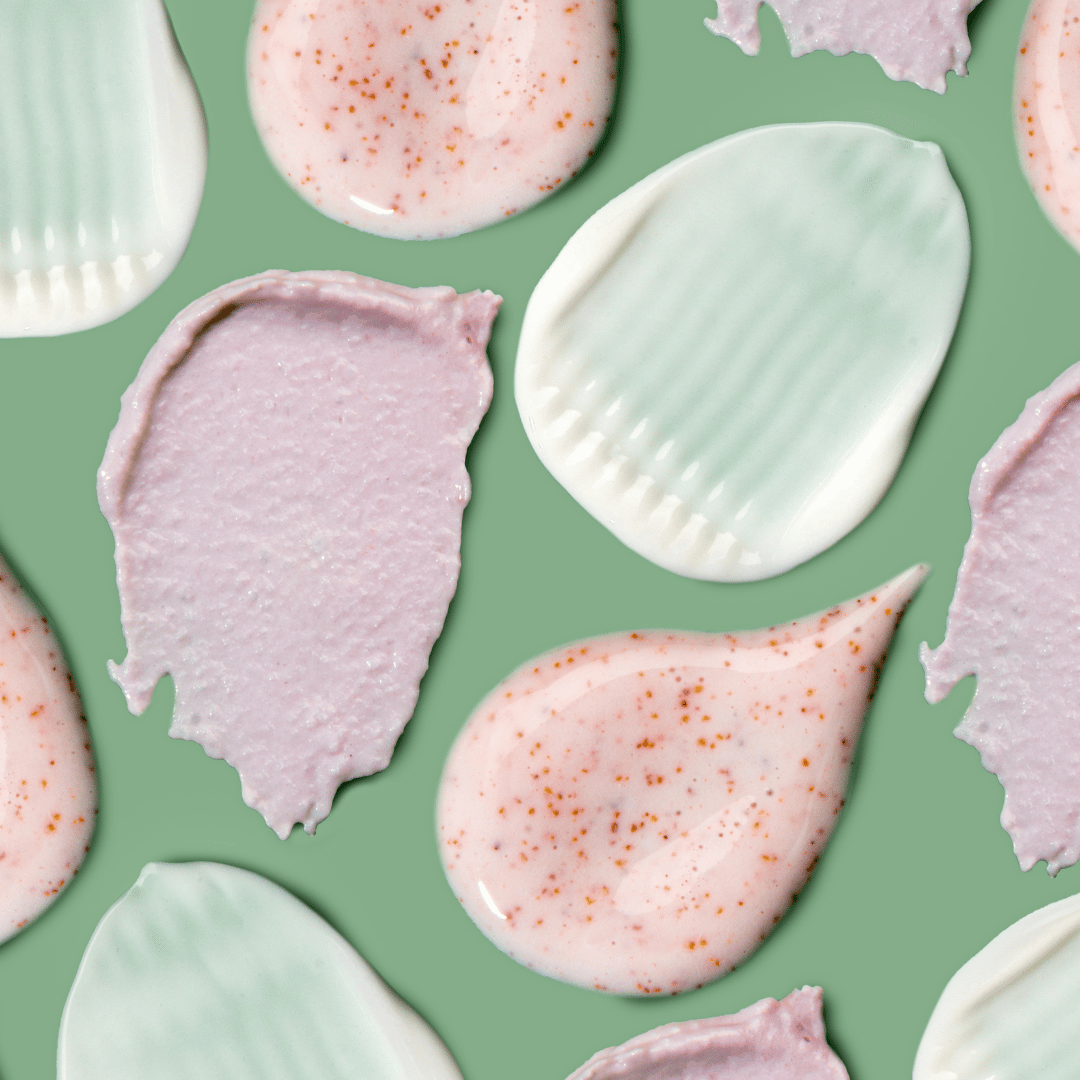Jojoba Oil
Most of us have heard of jojoba (pronounced ho-ho-bah) oil, but do we actually know anything about it? Today, we delve into the world of jojoba, explaining not only what jojoba oil is, but also how it’s made and the many benefits it can have for your skin. From soothing dry skin to fighting signs of aging, keep reading to discover all there is to know about jojoba oil.
Overview
Jojoba oil is derived from the jojoba plant, which is native to North America. Unlike other botanical oils, jojoba oil is extracted not from the plant itself but from the nut that the plant produces. The green, acorn-like nut that hangs from the ends of the plant’s branches is the reason that jojoba is also known as goat nut, deer nut, pignut, and quinine nut. To produce jojoba oil, the nuts are pressed. The oil can then be used on its own, or mixed with another oil to become an essential oil. While there are many uses for jojoba (you can even eat the nut - it tastes like almonds FYI), the most popular has to be as a skincare ingredient. Keep reading to understand why!
Benefits
First thing’s first, jojoba oil is famous around the world for its hydrating properties. It is a total rockstar when it comes to moisturizing, which is why it has been used for centuries to treat sunburned, dry, and chapped skin. How exactly is it so moisturizing? Jojoba oil is a humectant, which means that it is amazing at creating a protective barrier around your skin to seal in moisture. Second, the natural ingredient is also helpful when it comes to regulating your skin's production of sebum. When you apply jojoba oil to your skin, it not only soothes and hydrates the skin, but it sends a signal to your hair and sweat follicles that your skin doesn’t need to produce additional sebum for hydration. This is especially helpful for people with oily or acne-prone skin. Further, jojoba oil has been proven to be able to not only soothe your skin after a sunburn, but also protect it from burning in the first place. Some studies have shown that when vitamin E, which jojoba oil is high in, is mixed with other antioxidants, it can help prevent sun damage. That is why jojoba oil is such a common ingredient in natural sunscreens. Finally, the antioxidants in jojoba oil are what gives it its powerful anti-aging abilities. Vitamin E in particular allows jojoba oil to help your skin fight off free radicals that can age and damage your complexion while simultaneously reducing the appearance of fine lines and wrinkles.
Safety
Jojoba oil is not only gentle, but is also hypoallergenic, which makes it perfectly safe to apply topically on basically all skin types. Its hypoallergenic properties mean that it is typically non-irritating on the skin and allergic reactions are rare. But with all new ingredients you want to introduce to your skincare regimen, be sure to do a patch test in advance, especially if you have existing allergies.



